SUMMARY
This is AI generated summarization, which may have errors. For context, always refer to the full article.
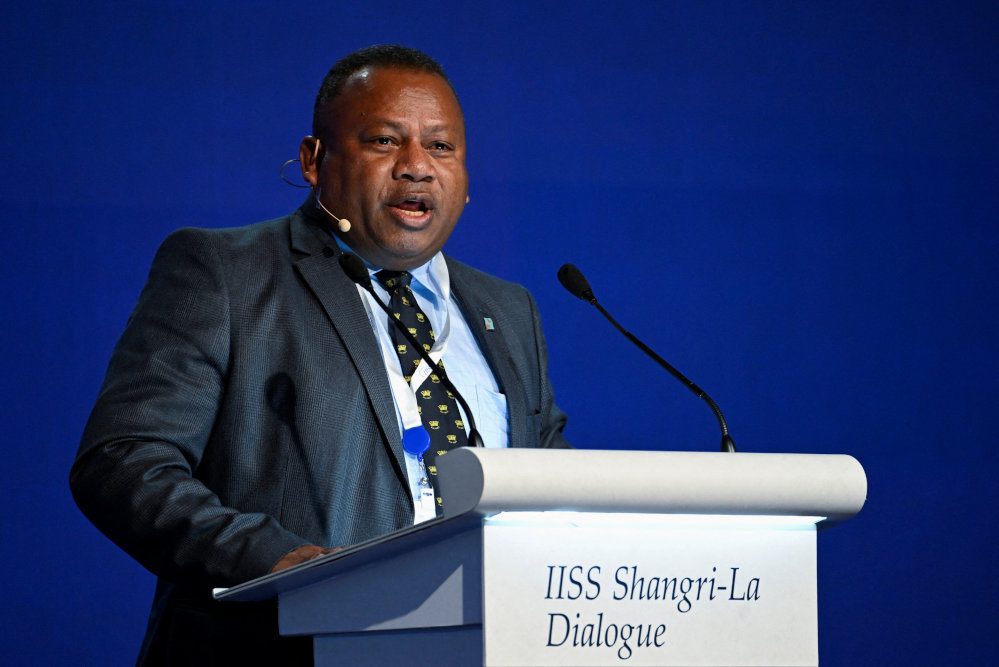
SINGAPORE – The security threat posed by a warming planet and the nascent push for “green defense” was discussed by defense ministers gathered in Singapore for the Shangri-La Dialogue, Asia’s premier security summit.
Defense ministers from the small island states of Maldives and Fiji made powerful portrayals of the existential threat posed by climate change to their countries, which could be submerged by the end of the century if the most dire climate predictions play out.
Security officials also discussed the ways defense organizations, including the armed forces of all nations, could reduce its carbon footprint to contribute to efforts to curb global warming.
“In our blue Pacific continent, machine guns, fighter jets, grey ships and green battalions are not our primary security concern,” Fiji Defense Minister Inia Batikoto Seruiratu on Sunday, June 12, the summit’s last day.
“The single greatest threat to our very existence is climate change. It threatens our very hopes and dreams of prosperity,” he added.
On Saturday, Maldives’ Defense Minister Mariya Ahmed Didi spoke of evidence from her country that climate change could make conditions ripe for conflict and violence, and make communities more vulnerable to extremist indoctrination.
“It (climate change) can serve as as an underlying motive and, at times of acute environmental insecurity, it becomes a precipitant for violence and conflict. As we enter into never before seen climate projections, these conflicts are likely to be more frequent, more widespread, and far bloodier,” she said on Saturday, during a smaller session that dealt specifically with climate change as a security challenge.
Impacts of climate change like rising sea levels, water salinization, heat waves, and ocean acidification could lead to food shortages, the disruption of livelihoods, and large-scale migration – making climate refugees out of entire communities. These crises could upend societies and drive violence.
“We have evidence to indicate that social cohesion and dynamics in the case of internal migration and relocation are severely disrupted and undermined. Such societies become favorable breeding grounds for violent extremism. Narcotics, illicit smuggling, and other transnational criminal vectors become entrenched,” said Minister Didi.
Maldives is particularly threatened by sea-level rise, a phenomenon exacerbated by climate change because of how higher temperatures can melt icecaps. Most of the country’s islands are barely three feet above sea level. Over 70% of its infrastructure and half of its urban areas are located within a hundred meters from the sea.
“The cost of failure is unfathomable… There is perhaps nothing new in what I have said. What may be new is our level of despair,” Didi told a room full of other ministers and security experts.
Climate efforts from defense establishment
One way the defense sector can tackle climate change is by itself reducing its reliance on fossil fuels, thereby contributing to the global effort to reduce carbon emissions, the main driver of climate change.
Officials in the Saturday session spoke of ways to move forward with “green defense.”
New Zealand Defense Minister Peeni Henare spoke of how his country’s defense force aims to reduce the size of its commercial line vehicle fleet by 15% by end of 2025 or 2026. There is also a target to make half of its vehicle fleet electronic or hybrid vehicles by end of 2029 or 2030.
Decisions are made to use ships that lessen fuel emissions. Henare said militaries don’t need to choose between operational capability and reducing impact on the climate. However, technologies he mentioned are expensive and may not be within the budgets of developing nations, including countries most vulnerable to climate change – like Maldives, Fiji, and the Philippines.
In international climate summits, such developing countries have emphasized the need for wealthier, industrialized nations to help their countries acquire such technologies since these countries have also historically been bigger contributors to carbon emissions.
New Zealand, for one, has banned new offshore oil exploration, in an effort to discourage more burning of fossil fuel for energy, and doubling aid to Pacific island states facing impacts of climate change.
Ministers and defense officials present acknowledged the difficulty of making militaries part of the carbon neutrality goal that scientists have said is the only way humanity can avert catastrophic impacts of a warmer planet. But they also pointed out that it is also in the interest of defense organizations to adopt clean energy and green technology.
“From an operational and tactical standpoint, it’s an advantage to have tanks, to have jets, to have ships that need less fossil fuels,” said Germany’s Minister of State Tobias Lindner, who also said defense ministries should consider the carbon footprint in procurement of defense assets.
“It does not make economic, business sense to continue burning fossil fuels when everyone else is using bio or clean energy,” said Admiral Ben Key of the United Kingdom Royal Navy.
The use of defense equipment and vehicles that emit less carbon or are more energy efficient could also make defense procurements more palatable to citizens and legislators deciding on defense spending, they said. – Rappler.com
Add a comment
How does this make you feel?
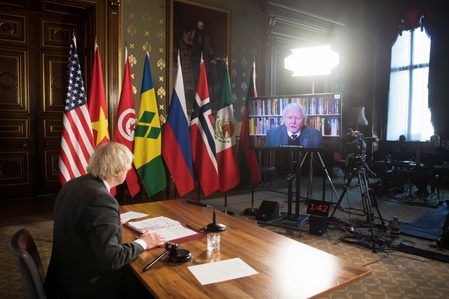
![[In This Economy] Can the PH become an upper-middle income country within this lifetime?](https://www.rappler.com/tachyon/2024/04/tl-ph-upper-income-country-04052024.jpg?resize=257%2C257&crop=295px%2C0px%2C720px%2C720px)

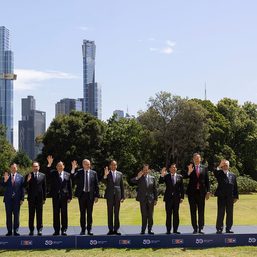
![[OPINION] Controversy over ASEAN’s ‘Swift’ week](https://www.rappler.com/tachyon/2024/03/tl-asean-swift-week.jpg?resize=257%2C257&crop=357px%2C0px%2C720px%2C720px)

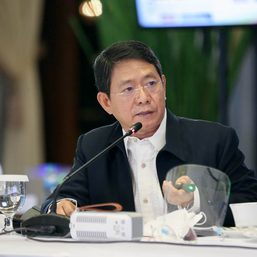
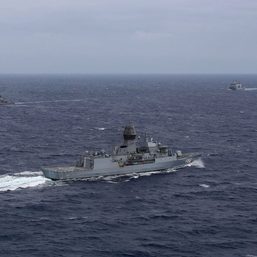
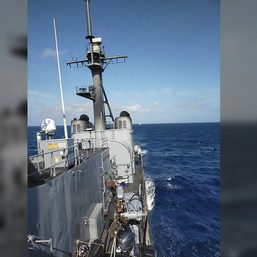
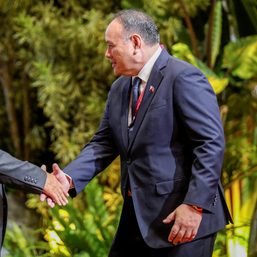
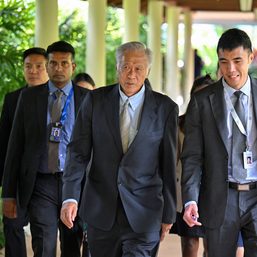
There are no comments yet. Add your comment to start the conversation.